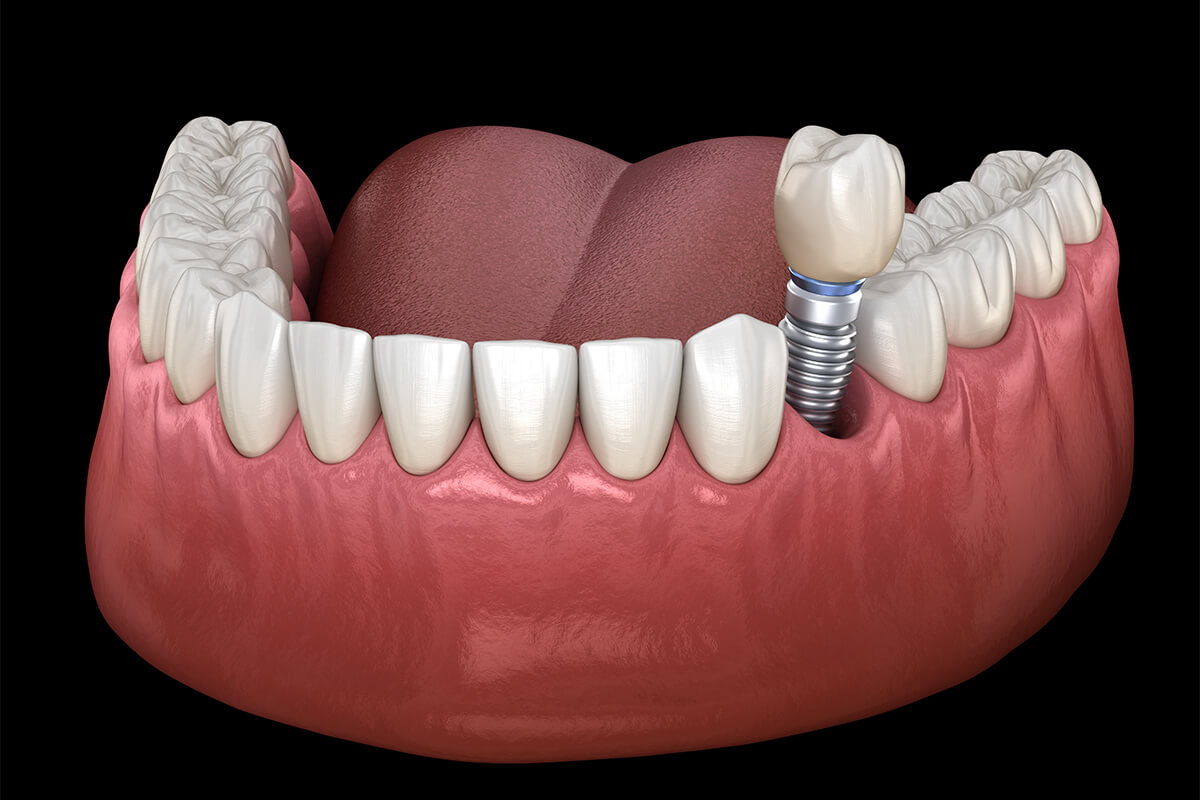Call Us Today 817-737-7668

There’s a strange pressure that comes with wisdom teeth. They’re not like your other molars. These third molars tend to show up late, usually between 17 and 25, and they often bring drama. Maybe your friends had theirs taken out all at once. Maybe you’ve heard stories about painful swelling or infections. But here’s the twist: Not everyone needs their wisdom teeth removed.
Yes, that might be surprising. Removing them just because they exist isn’t always necessary. The decision to extract should depend on a mix of clinical signs, dental health history, and your dentist’s recommendation, not social pressure.
Let’s break it down calmly, clearly, and honestly.
What Are Wisdom Teeth?
Wisdom teeth are your third molars. You can have as many as four—one in each rear corner. Sometimes, they come in smoothly. Other times, they create problems before they even erupt through the gumline.
This is where it gets personal. Everyone’s dental structure is unique. Jaw size, tooth position, gum condition—all of these factors come into play.
When Is Wisdom Tooth Removal Needed?
Dentists usually consider the following before recommending wisdom tooth removal:
- Impact: Teeth that become stuck under the bone or gums.
- Crowding: Wisdom teeth that crowd other teeth out of place.
- Decay or gum infection: Particularly if they are difficult to clean because of their positioning.
- Cyst formation: In some cases, fluid-filled sacs may form around impacted wisdom teeth.
- Pain or swelling: Even intermittent pain can be an indicator of more serious issues.
If you are in Waco or nearby, your dental practitioner will monitor these signs in routine exams and X-rays.
Situations Where Wisdom Teeth Do Not Have to Come Out
Let’s turn it around. Wisdom teeth aren’t always ticking time bombs.
Good, fully erupted teeth that sit correctly and can be properly cleaned might not ever have to be removed.
- No decay or trauma? Your dentist may say to watch them during their checkup.
- Little or no crowding? If other teeth aren’t being pushed, that’s a good thing.
It’s interesting to note that not everyone even gets all four wisdom teeth. Some have fewer. Some have none. That alone indicates how personalized this process is.
What About Future Risks?
It’s reasonable to wonder, “Could leaving them cause problems later?” Possibly—but not always.
Some people have no issues years after the emergence of their wisdom teeth. Others never develop symptoms of complications. If your Waco dentist recommends watchful waiting, that means there isn’t currently an active danger, but they’re keeping their guard up. You’ll probably get occasional dental X-rays to ensure that nothing changes beneath the surface.
This is where you want to know the effect of wisdom teeth, not only physically, but also on your general oral health approach.
The Last Word—Remove or Watch?
There isn’t a blanket answer. Your dental team balances several considerations: alignment, gum health, space in the jaw, hygiene issues, and your comfort level. The ideal solution is the one tailored to your needs, not trends, assumptions, or peer anecdotes.
Not still sure if your wisdom teeth should be removed? Don’t worry—you’re not alone. A straightforward, candid assessment from a dental professional you know and trust can provide peace of mind. Time to take them out? Time simply to wait and see? Your comfort and well-being are our top priority.
Schedule a consultation today and allow your dental care professionals to navigate you to the healthiest option for your smile.





